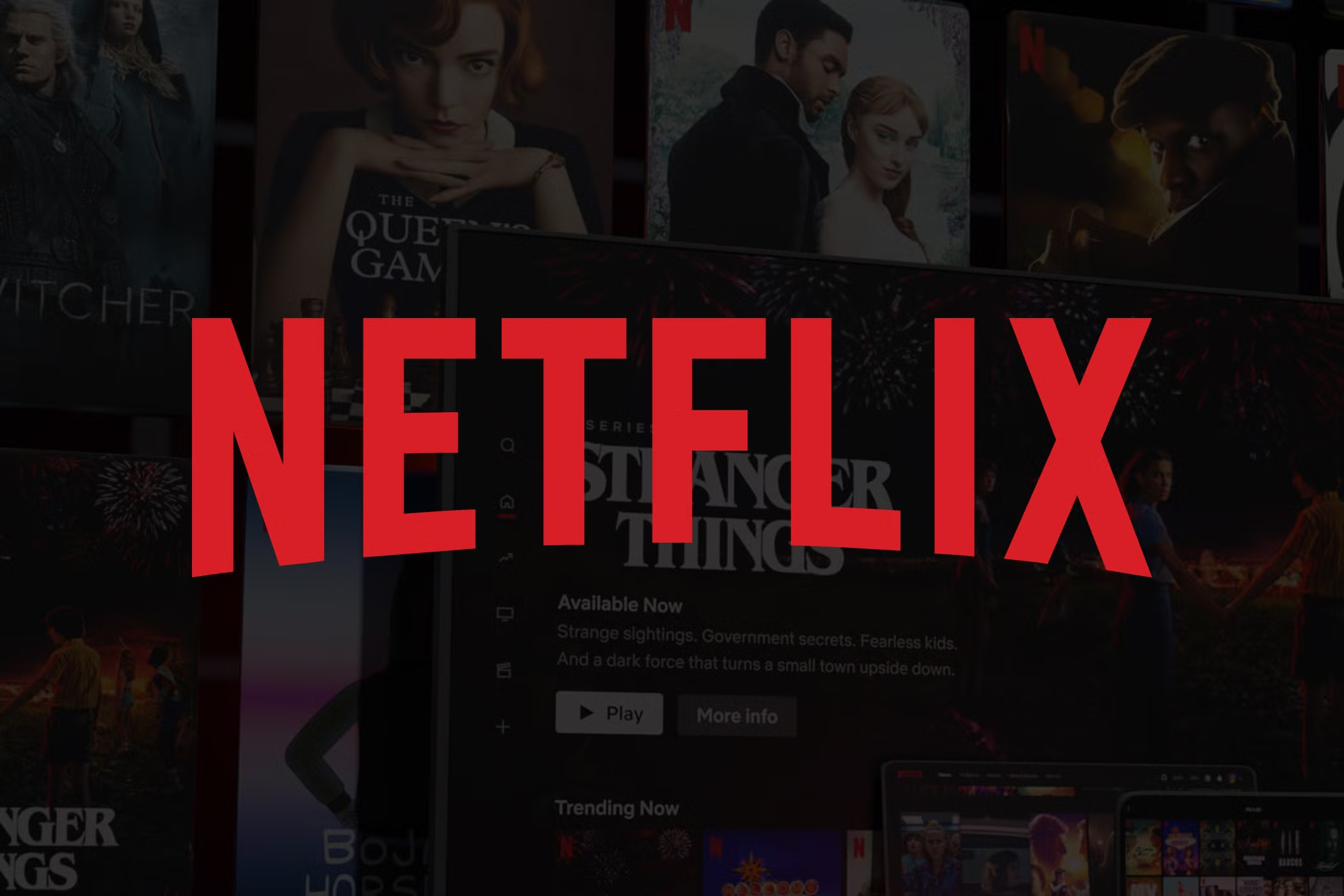Safaricom, Kenya’s biggest telecommunication company by subscriber base, is following the Kenya Kwanza model of charging everything. Going forward, the reverse call request service will be limited to only 2 free requests a day. Thereafter, a person making a reverse call request will be charged.
“This service will be free to the initiator of the reverse call for up to two requests in a day. Subsequent reverse call requests made within the day (after the first two requests) will be charged an access fee of Ksh. 0.5 per reverse call request.” Safaricom wrote in updated terms of service.
The irony of this is that reverse calls requests are naturally made by a mobile subscriber who does not have the funds to actually make a call. In fact, its usually when someone has no funds to even make a flash call. Flash calls are a near-instant dropped calls that are placed to a mobile number, and usually appear as missed calls.
A huge number of safaricom clients rely on the service. Earlier in the year, the telco reported, “There over two million customers using reverse calls, over 800,000 customers using the 3 secs free call and over one million customers using the Fuliza Airtime plans. These initiatives are powering over 50 percent of voice usage.“
Since hitting the peak of KES 95.8 billion in the year ended March 2019, voice revenue has been declining. In the last financial year, Safaricom reported an income of KES 79.5 billion from voice calls. Its estimated that reverse calls and Okoa Jahazi helped generate KES 39.75 billion of the total revenue from voice.
READ: Kenyans Call For Boycott Against Safaricom Following Internet Outage
Reverse calls were introduced by Safaricom in 2019. Over 130 million reverse call requests have been processed since the service’s inception. At the time, it was meant to complement other services like Please Call Me (that launched back in 2005) and Okoa Jahazi that help in completing calls or requesting for one in case a user has limited or zero airtime.
The service is only available for on-net calls. In addition, it cannot be used for roaming users or for making international calls. The new policy has ignited debate about the telecommunications company’s priorities and the impact on low-income subscribers.





























